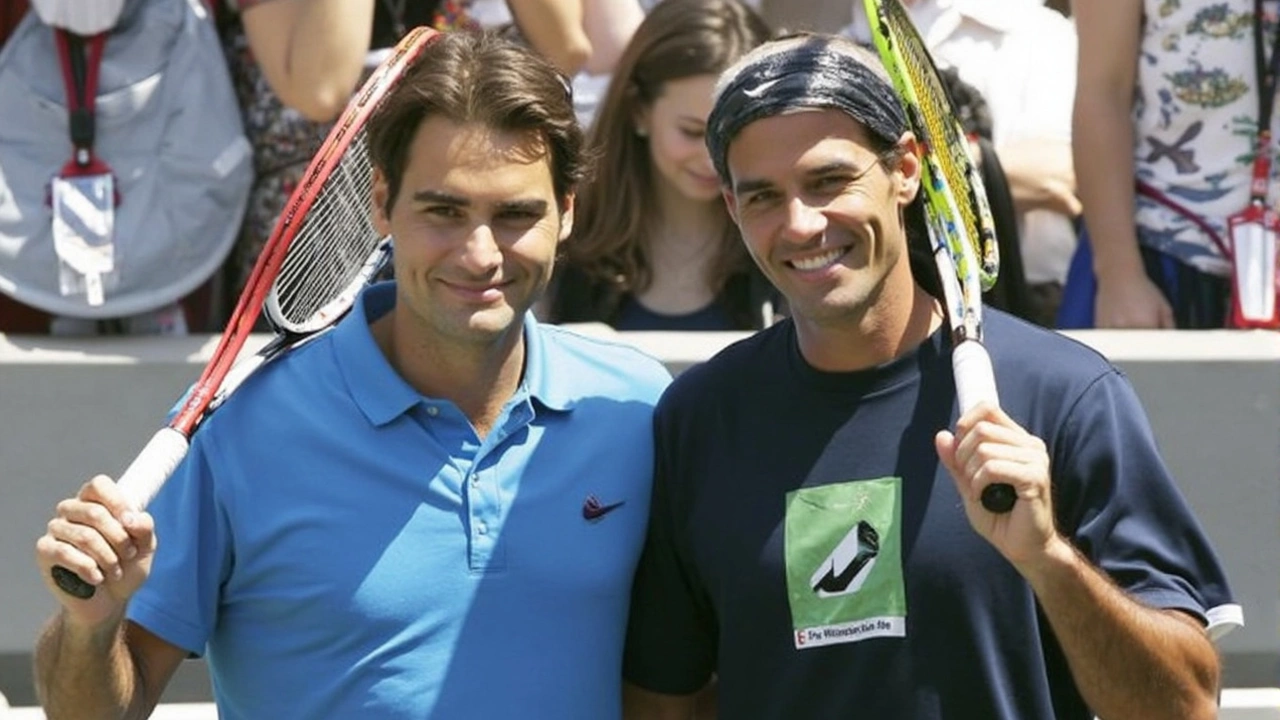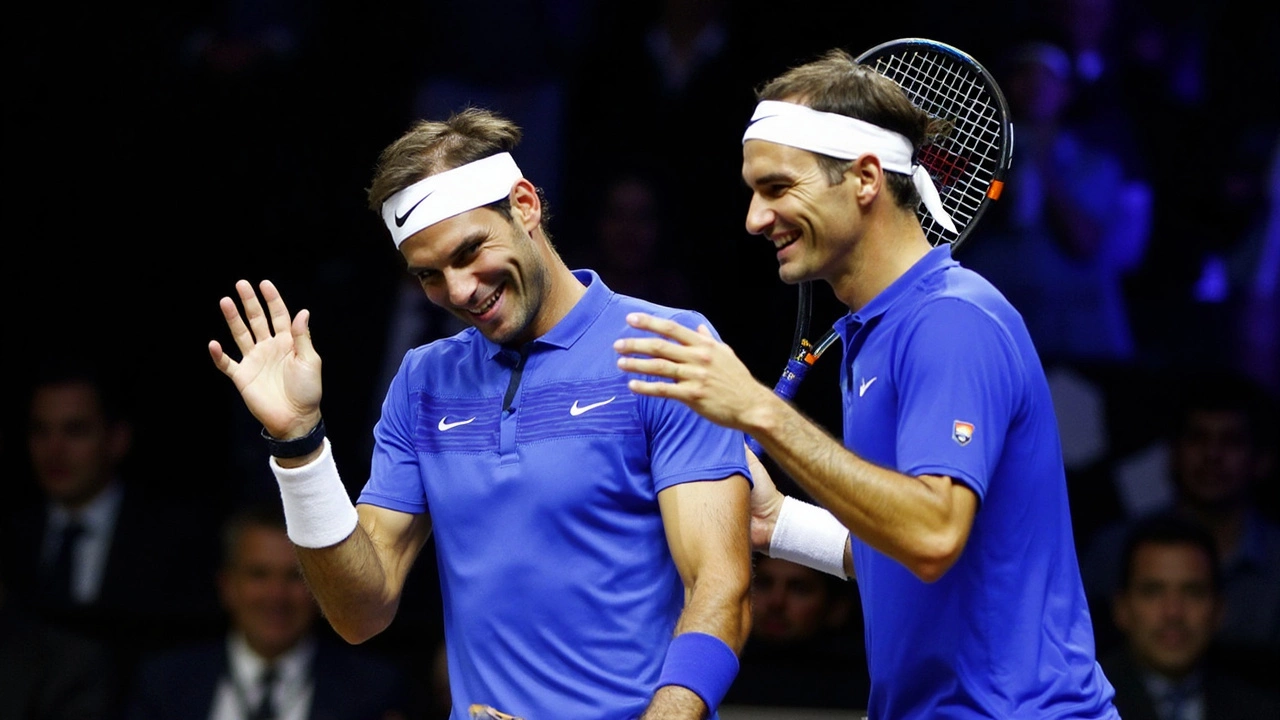Roger Federer: Why He Still Matters in Tennis
When you hear the name Roger Federer, the first thing that pops up is excellence on court. The Swiss maestro has won a record‑setting 20 Grand Slam titles, and his graceful game still inspires new players. If you’re curious about what makes Federer a timeless figure, keep reading. We’ll break down his biggest achievements, his unique style, and why his impact goes beyond just the trophies.
Career Highlights That Speak for Themselves
Federer turned pro in 1998 and quickly showed a flair for the beautiful game. He clinched his first Grand Slam at Wimbledon in 2003, and that win sparked a 23‑year run of dominance. Between 2004 and 2007 he won three majors each year, a feat rarely matched. He also held the world No. 1 spot for a record 310 weeks, showing consistency that few have ever achieved.
Beyond the Grand Slams, Federer collected 103 ATP singles titles, a number that still stands as a benchmark. He won the ATP Finals six times and claimed the Olympic gold medal in men’s doubles (2008) alongside Stan Wawrinka. These highlights illustrate his ability to excel across formats and surfaces.
Playing Style: A Blend of Power, Precision, and Grace
What set Federer apart was not just his win column but how he played. His single‑handed backhand is a textbook example of fluidity, while his forehand gives him the power to finish points quickly. He reads the game like a chess player, often anticipating opponents’ moves and positioning himself perfectly.
Federer’s serve is another weapon. He can hit it at 200 km/h, yet he mixes it with spin and placement, making it hard for returners to predict. This combination of speed and control made his serve a reliable point starter throughout his career.
Off the court, Federer’s professionalism shines through. He’s known for his meticulous preparation, diet, and fitness routine, which helped him stay competitive well into his late 30s. Younger players often cite his work ethic as a model for building a long, healthy career.
Even after stepping back from full‑time competition, Federer remains involved in tennis. He runs the Roger Federer Foundation, which supports education projects in Africa and Switzerland. His influence also appears in the way modern players emulate his calm demeanor and strategic approach to matches.
In a sport that constantly evolves, Roger Federer’s legacy endures because he combined talent with humility. Whether you’re a casual fan or an aspiring player, studying his matches offers lessons on technique, mental toughness, and sportsmanship. That’s why his name still carries weight in every tennis conversation today.

